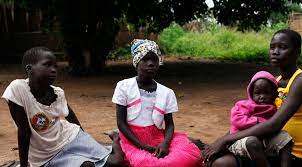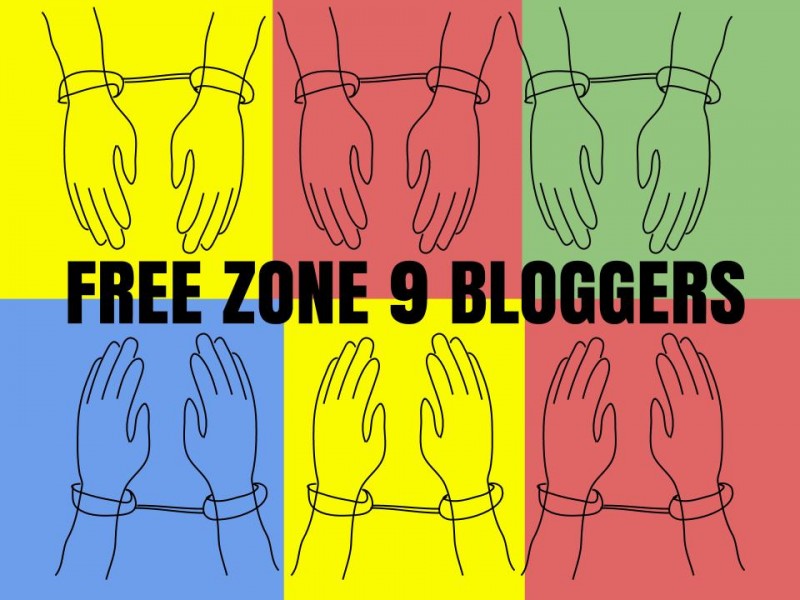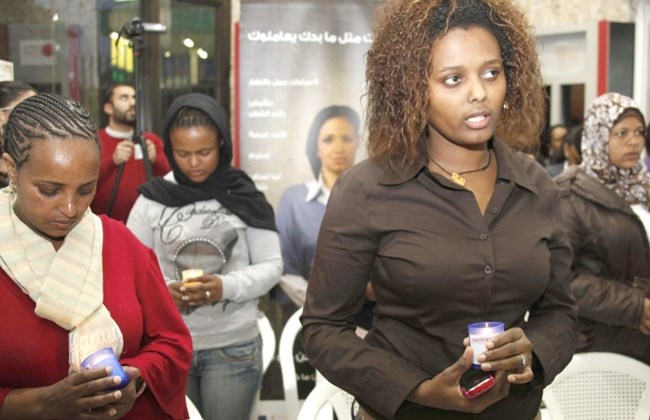
Koshe Garbage Landfill is the only landfill site in Addis Ababa. Hundreds of people live in the shadow of the dump’s mountains of trash. Their communities are on the landfill itself. Hundreds of people, adults and children, work on sides of those mountains of trash. On Saturday, March 11, one of the mountains of trash in the Koshe Garbage Landfill collapsed. As of today’s count, 115 corpses have been pulled out from the rubble. 75 of them were women. Of the initial 35 who were pulled out, almost all were women and children. Now the streets are filled with the wailing of women. Ethiopians demand answers. We all should.
Many will ask what happened? What causes garbage mountains to collapse? What caused this particular mountain of trash to collapse? Urban development? Construction? “A simple failure of an oversteepened slope”? What causes garbage mountains to grow? Who builds a city in which hundreds of people spend their lives as scavengers, climbing, descending and burrowing into mountains of trash? What happened Saturday in the Koshe Garbage Landfill?
What happened, as well, to women and children? How is that slightly over 65% of the dead are women and children? How is that human stampedes and urban garbage landslides have the same toxic gender mathematics of mortality? What does it mean that women and children are the sacrifices to the human forces that built and build landfills choked by ever-rising mountains of trash?
The planet of slums has produced a global archipelago of garbage mountains on which mostly women and children work and live. And in that brave new world, there is never a surprise that when the mountains collapse, as they regularly do, the overwhelming majority of the dead are women and children. There was no accident in the Koshe Garbage Landfill last Saturday; there was instead a planned massacre of women and children. Ethiopians demand answers. We all should.
(Photo Credits: Al Jazeera / Elias Meseret / AP)





